Ready to launch your own podcast? Book a strategy call.
Frontlines.io | Where B2B Founders Talk GTM.
Strategic Communications Advisory For Visionary Founders
Conversation
Highlights
How Uptiv Health is Transforming Infusion Care Through Technology-Enabled Retail Centers
Healthcare startups often struggle with a fundamental challenge: balancing premium patient experience with sustainable unit economics. In a recent episode of Category Visionaries, Torben Nielsen, CEO of Uptiv Health, shared how his company is revolutionizing infusion care delivery by moving treatments out of hospitals and into technology-enabled retail locations – while reaching break-even in just 14 months.
The Problem with Hospital-Based Infusion
“Nobody wants to go to a hospital,” Torben explains. “It’s very hard to find parking. It’s hard to find the building where you’re going to get the infusion. Once you find the building, maybe it’s up on the third floor.”
Beyond navigation challenges, the experience itself is problematic. “It tends to be an open room where chairs are just lined up in a row, where you almost take a number, you take a seat and then you get your infusion over the next couple of hours. There’s absolutely no privacy.”
Building a New Model
Rather than simply relocating infusion services, Uptiv reimagined the entire experience. They established centers in strip malls “right next to a Starbucks, right next to a Cordoba,” offering private suites with personalized amenities at 40-70% lower cost than hospitals.
But the real innovation came from their technology-first approach. Uptiv eliminated traditional friction points like reception counters and clipboards by shifting administrative tasks to their patient app. “We took some of the current operational tasks that happen in a center today, we took those and put them in the app, and we actually allowed, empowered our patients to do some of that from the comfort of their home before they come in.”
The GTM Strategy That Drove Early Success
Uptiv’s go-to-market strategy centered on three key decisions:
- Securing Insurance Contracts Pre-Launch “We decided very early on that it was important for us to get on contract with all the payers so we could see patients regardless of what insurance company they had,” Torben shares. They started this process six months before opening their first clinic – a move that “opened up the funnel and was really important for us to start taking care of patients.”
- Low-Stakes Provider Acquisition Rather than pursuing complex partnership agreements, Uptiv approached specialists with a simple proposition: “Give us just one patient and we will show that we can deliver on that promise.” This micro-commitment strategy led to over 150 referring providers within 12 months.
- Technology-Enabled Experience at Scale Instead of adding cost layers for premium service, Uptiv used technology to centralize operations while maintaining personalization. “We’ve also centralized some of the operating models so we only have one phone number and it goes to a centralized call center… We don’t have any phones in our centers that ring on a regular basis because that is being centralized and that saves us dollars over time.”
Results and Future Vision
The results validate Uptiv’s approach: 99+ NPS from patients, 87 NPS from referring providers, and break-even reached in 14 months. Their first two Detroit locations are proving the model’s viability, with each center projected to generate $1-1.5 million in positive cash flow at steady state.
Looking ahead, Torben envisions expanding to “50 or 60 clinics across the nation and really prove out that hybrid model of in person care and virtual care creates better outcomes for the patient and will decrease costs in the system.”
For healthcare founders, Uptiv’s journey offers valuable lessons in how thoughtful application of technology can simultaneously improve patient experience and unit economics. By focusing on removing friction rather than adding features, they’ve created a model that scales efficiently while maintaining the human touch essential in healthcare delivery.
Actionable
Takeaways
Early Payer Relationships Drive Market Entry:
Uptiv secured insurance contracts 6-7 months before opening their first clinic. This strategic decision maximized their addressable market from day one, enabling them to accept all patients regardless of insurance provider. B2B founders should identify and establish critical partnerships well before launch to remove friction from early customer acquisition.
Prove Value Through Micro-Commitments:
Uptiv's sales strategy focuses on a simple ask to specialists: "Give us just one patient." This low-risk approach allows providers to validate Uptiv's service quality firsthand, leading to 150+ unique provider referrals within 12 months. B2B founders should design their initial customer engagement to minimize commitment while maximizing the opportunity to demonstrate value.
Technology-Enabled Cost Optimization:
Rather than adding cost through technology, Uptiv uses their app to eliminate traditional operational overhead. By shifting administrative tasks to patients pre-visit and centralizing phone operations, they maintain premium service while achieving faster break-even. B2B founders should leverage technology to simultaneously enhance user experience and improve unit economics.
Human-Centered Design as Differentiation:
Uptiv eliminated standard healthcare barriers like reception counters and clipboard paperwork, replacing them with personalized digital experiences. This approach delivers both operational efficiency and customer delight, driving their 99+ NPS. B2B founders should identify industry conventions that create friction and design solutions that benefit both users and business operations.
Hybrid Service Model Evolution:
Uptiv's vision combines physical locations with virtual care capabilities, creating a scalable model attractive to both venture capital and private equity. Their wraparound services for chronic care management expand their value proposition beyond core infusion services. B2B founders should design their service model to capture expansion opportunities while maintaining focus on their core offering.
Recommended Founder
Interviews

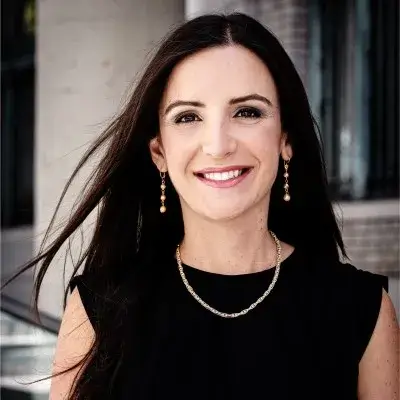
Hala Borno
Founder and CEO of Trial Library
Hala Borno, Founder and CEO of Trial Library: $5M Raised to Improve Patient Recruitment and Diversity in Oncology Clinical Trials

Dr Thomas Oakley
CEO of Feedback PLC
Dr Thomas Oakley, CEO of Feedback PLC: £20 Million Raised to Build the Future of Patient Data Sharing

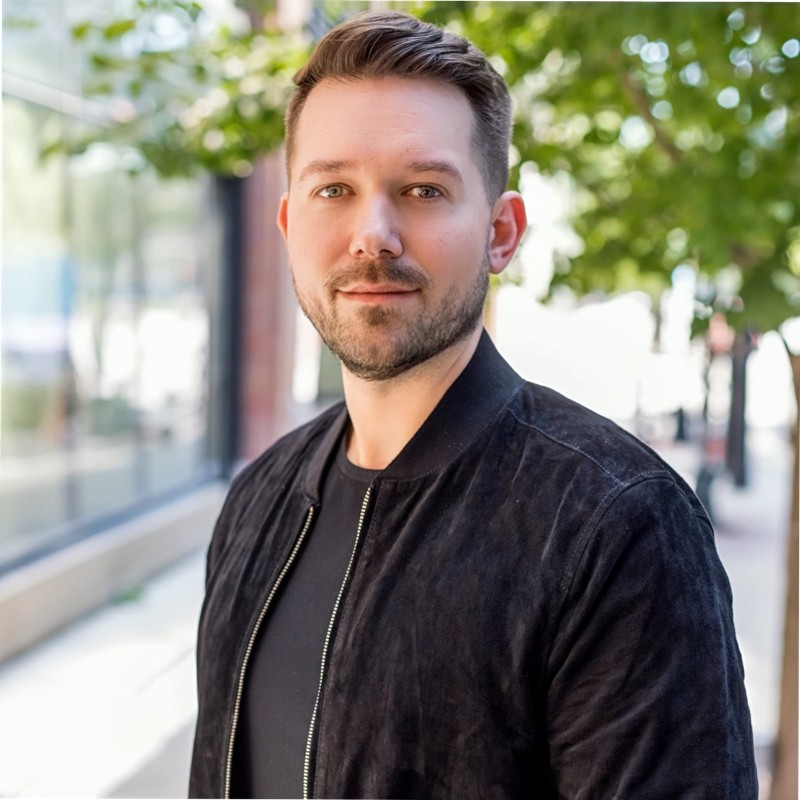
Alex Zekoff
CEO and Co-Founder of Thoughtful AI
Alex Zekoff, CEO and Co-Founder of Thoughtful AI: $21 Million Raised to Power the Future of Healthcare Automation
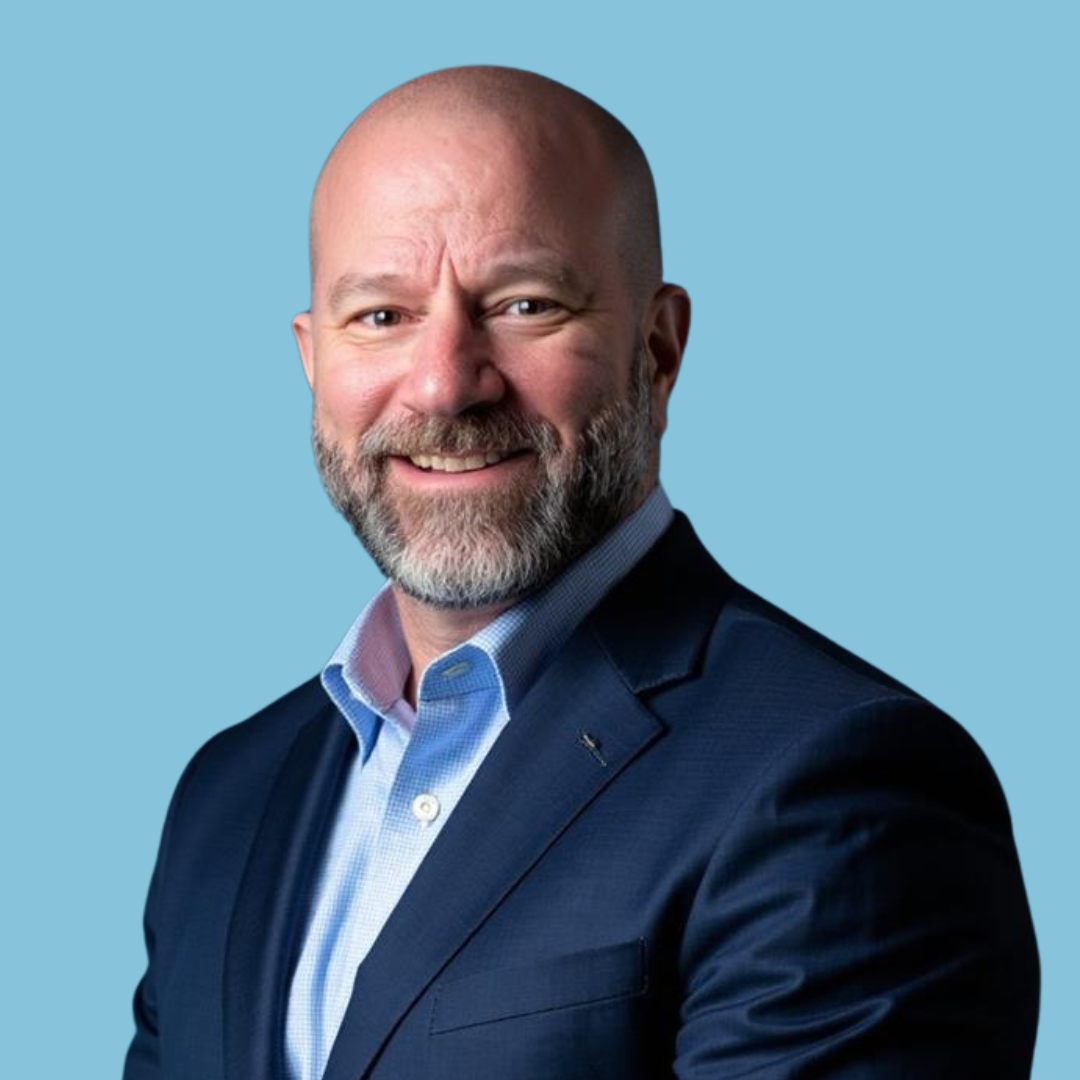
Trey Sutten
CEO & Co-Founder of Siftwell Analytics
Trey Sutten, CEO & Co-Founder of Siftwell Analytics: $5 Million Raised to Transform Healthcare Analytics with AI-Powered Predictions


Joseph Schneier
CEO of Trusty Care
Joseph Schneier, CEO of Trusty Care: $13+ Million Raised to Shape the Future of Medicare
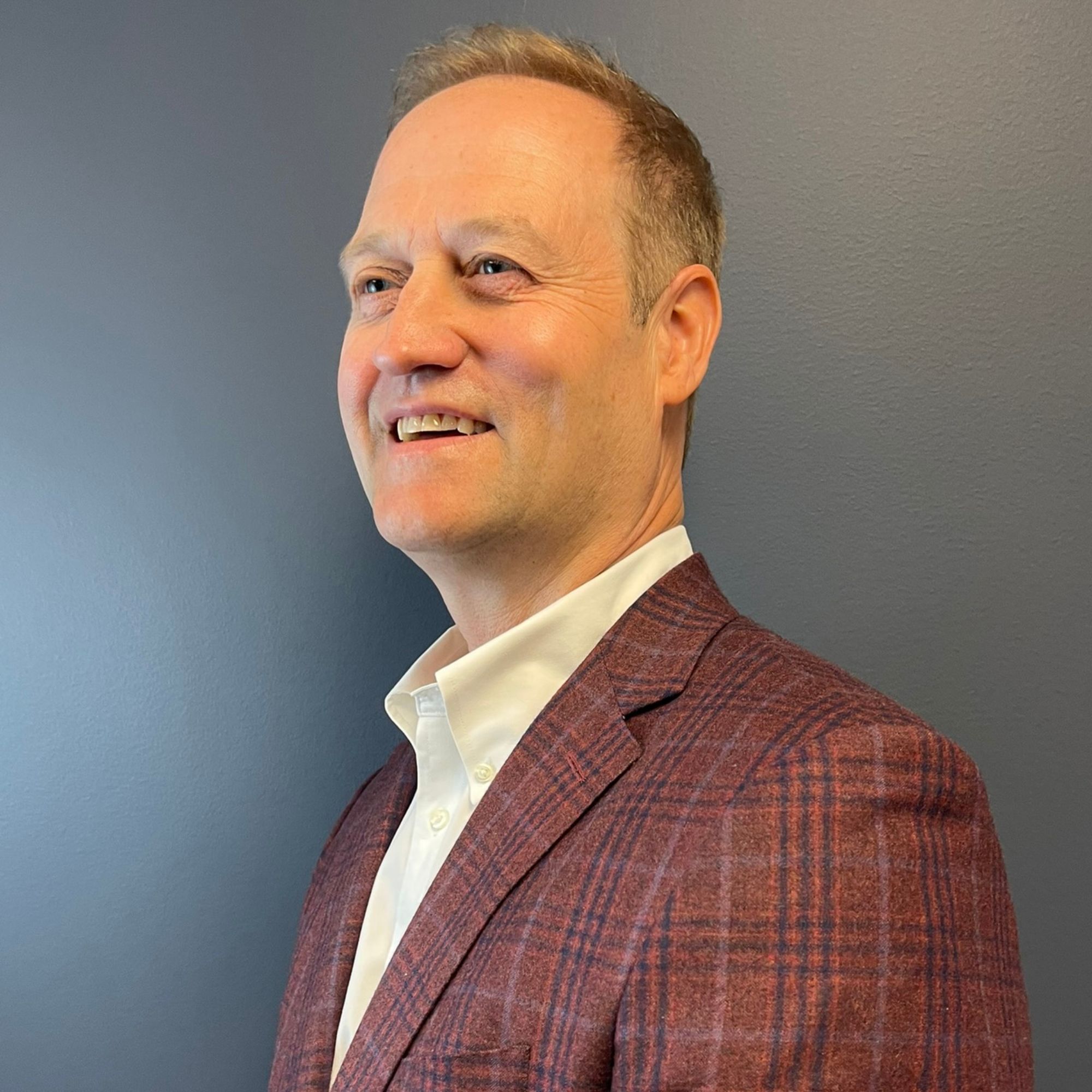
Justin Dearborn
Founder & CEO of Praia Health
Justin Dearborn, Founder & CEO of Praia Health: $20 Million Raised to Build the Future of Consumer Experience in Healthcare


David King Lassman
Founder of GigXR
David King Lassman, Founder of GigXR: $7 Million Raised to Bring Immersive Learning to Healthcare


Henry O’Connell
CEO & Founder of Canary Speech
Henry O’Connell, CEO & Founder of Canary Speech: $26 Million Raised to Build the Future of Vocal Biomarker Technology

Dipanwita Das
CEO and Co-Founder of Sorcero
Dipanwita Das, CEO and Co-Founder of Sorcero: Over $20 Million Raised to Power Medical Affairs Teams of the Future

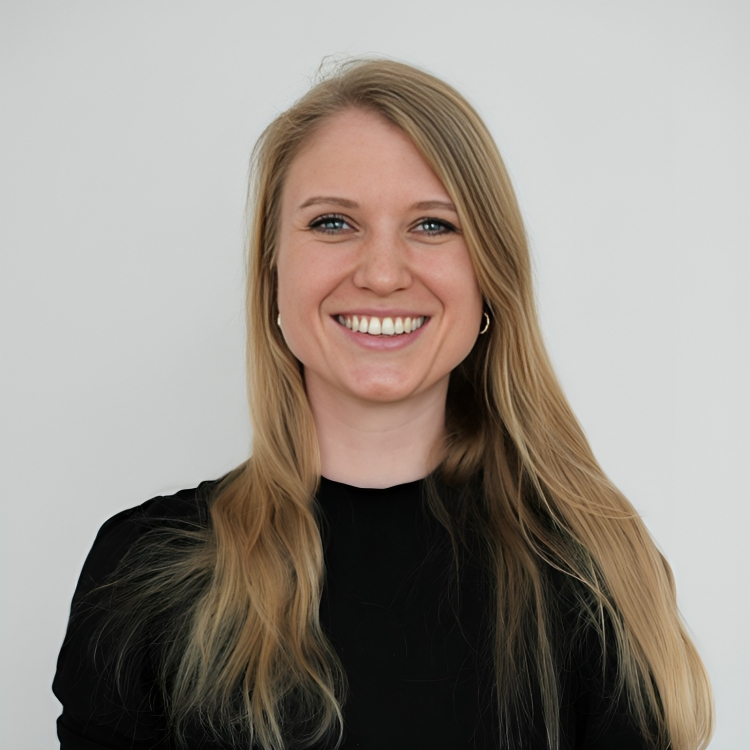
Verena Gerhardus
Director of Growth of Nelly Solutions
How Nelly Grew 3X Through Meta Ads in Health Tech


David Berry
CEO and Founder of Valo
David Berry, CEO and Founder of Valo: Over $500 Million Raised to Build the Future of Drug Discovery


Samson Magid
Co-Founder and CEO of HealthSnap
Samson Magid, Co-Founder and CEO of HealthSnap: Over $12 Million Raised to Build the Future of Remote Patient Monitoring


Joshua Miller
CEO and Co-Founder of Gradient Health
Joshua Miller, CEO & Co-Founder of Gradient Health: $5.7 Million Raised to Build the Future of Medical Imaging


Dr. Nan-Wei Gong
CEO and Founder of FIGUR8
Dr. Nan-Wei Gong, CEO & Founder of FIGUR8: $40 Million Raised to Build the Future of Musculoskeletal Health and Injury Data Solutions

Kevin Flyangolts
CEO and Founder of Aclid
Kevin Flyangolts, CEO & Founder of Aclid: $4 Million Raised to Build the Future of Biosecurity


Dilpreet Sahota
CEO of Trek Health
Dilpreet Sahota, CEO of Trek Health: $3 Million Raised to Help Mental Health Providers Accept Insurance


Rafid Fadul
CEO and Co-Founder of Zivian Health
Rafid Fadul, CEO and Co-Founder of Zivian Health: $3 Million Raised to Power the Future of Compliant Healthcare Collaborations


Senan Ebrahim
CEO & Founder of Delfina
Senan Ebrahim, CEO & Founder of Delfina: $10 Million Raised to Build the Future of Intelligent Pregnancy Care


Danny Freed
CEO & Founder of Blueprint
Danny Freed, CEO & Founder of Blueprint: $13.7 Million Raised to Build the Future of Therapist Enablement


Ignacio Medrano
Founder & CMO of Savana
Ignacio Medrano, Founder & CMO of Savana: $44M Raised to Transform Healthcare Intelligence Through AI

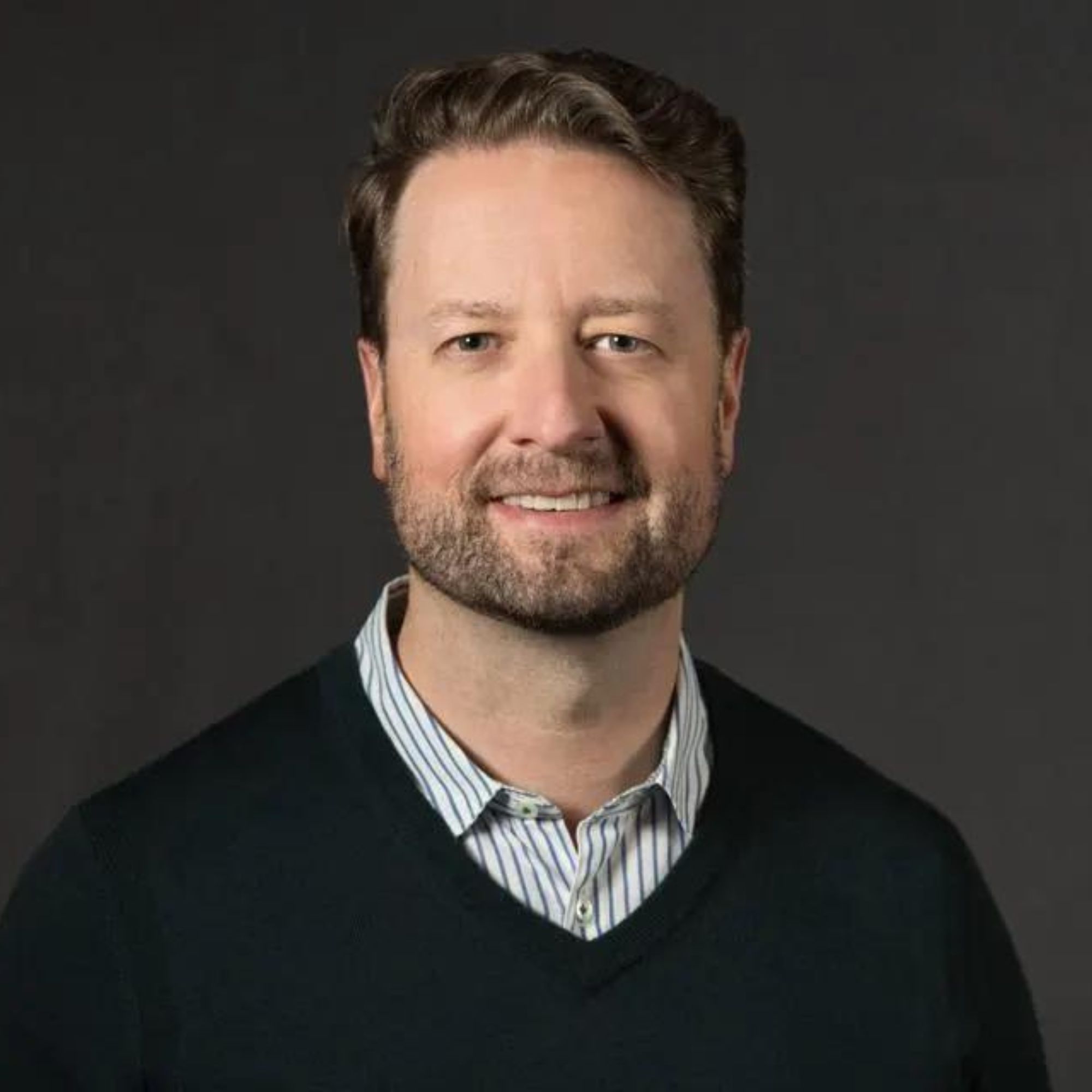
Derek Streat
Co-Founder & Chief Executive Officer of Dexcare
Derek Streat, CEO of Dexcare: $110 Million Raised to Help Health Systems to Find Time for the Best Care


Itzik Cohen
Co-Founder and CEO of PayZen
Itzik Cohen, Co-Founder and CEO of PayZen: $240 Million Raised to Build the Future of Affordable Health Care
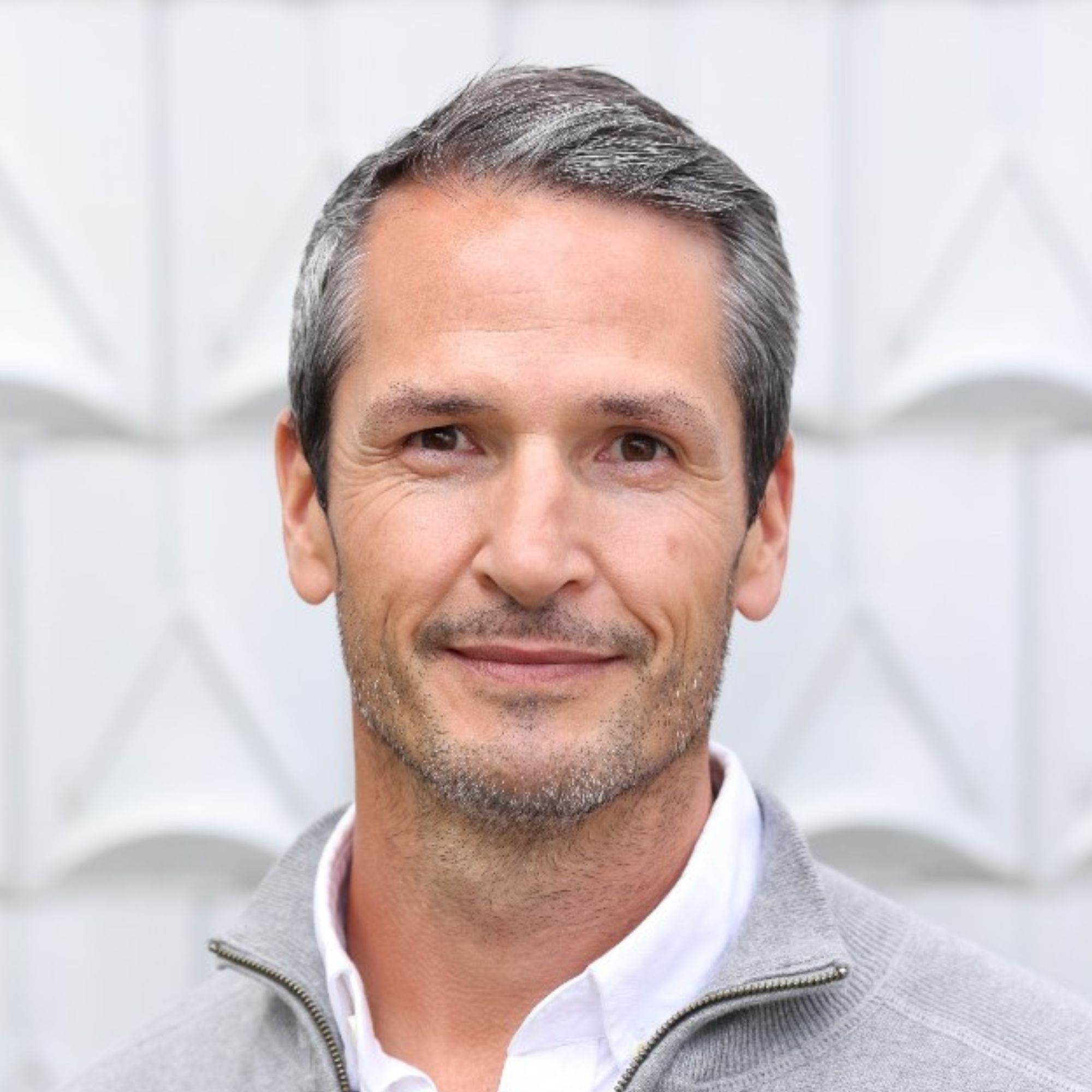
Brad Kittredge
CEO & Co-Founder of Brightside
Brad Kittredge, CEO & Co-Founder of Brightside: $150 Million Raised to Build the Future of Mental Healthcare


Aasim Saeed
CEO and Founder of Amenities Health
Aasim Saeed, CEO and Founder of Amenities Health: $10 Million Raised to Build the Future of Patient Engagement


Armon Sharei
CEO & Founder of Portal
Armon Sharei, CEO & Founder of Portal: $5 Million Raised to Power the Future of Cell Engineering


Mark Lehmkuhle
CEO & Founder of Epitel
Mark Lehmkuhle, CEO & Founder of Epitel: $20 Million Raised to Build the Future of Brain Health Monitoring

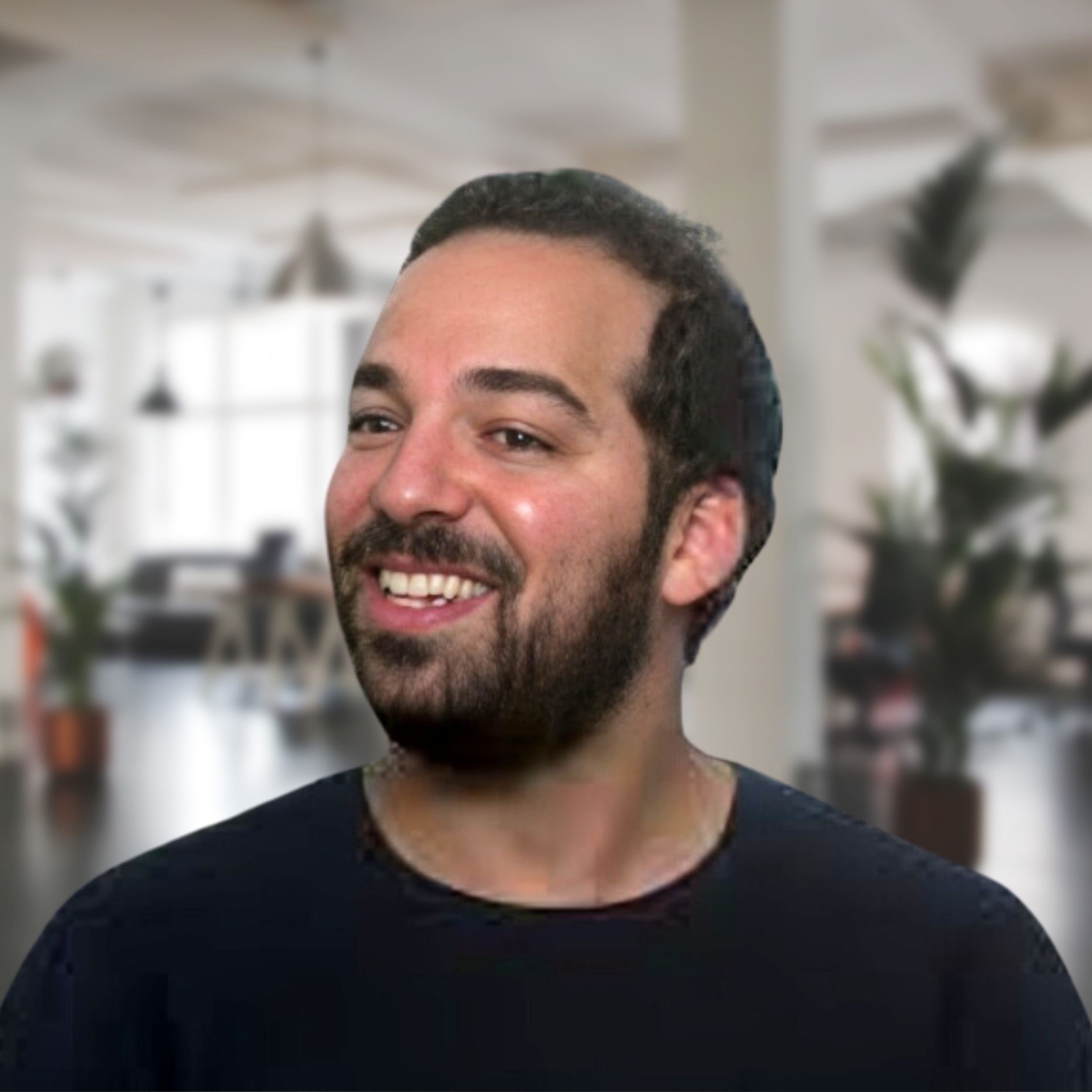
Khaled Boukadoum
Founder of Torch Dental
Khaled Boukadoum, Founder of Torch Dental: $49.5 Million Raised to Transform Dental Supply Management Through Digital Innovation


Todd Zion
Founder of Akston Biosciences
Todd Zion, Founder of Akston Biosciences: From a $500M Exit to Pioneering Biotech Innovation in Pet Health

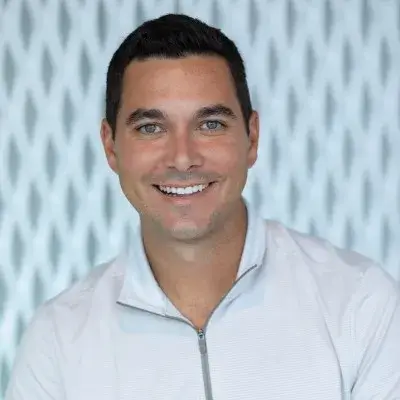
Matt Renfro
Co-Founder & CEO of Lynx
Matt Renfro, CEO of Lynx: $17.5 Million raised to Bring Modern Fintech to Healthcare


Amy Brown
CEO and Founder of Authenticx
Amy Brown, CEO and Founder of Authenticx: $28 Million Raised to Build the Future of Listening AI

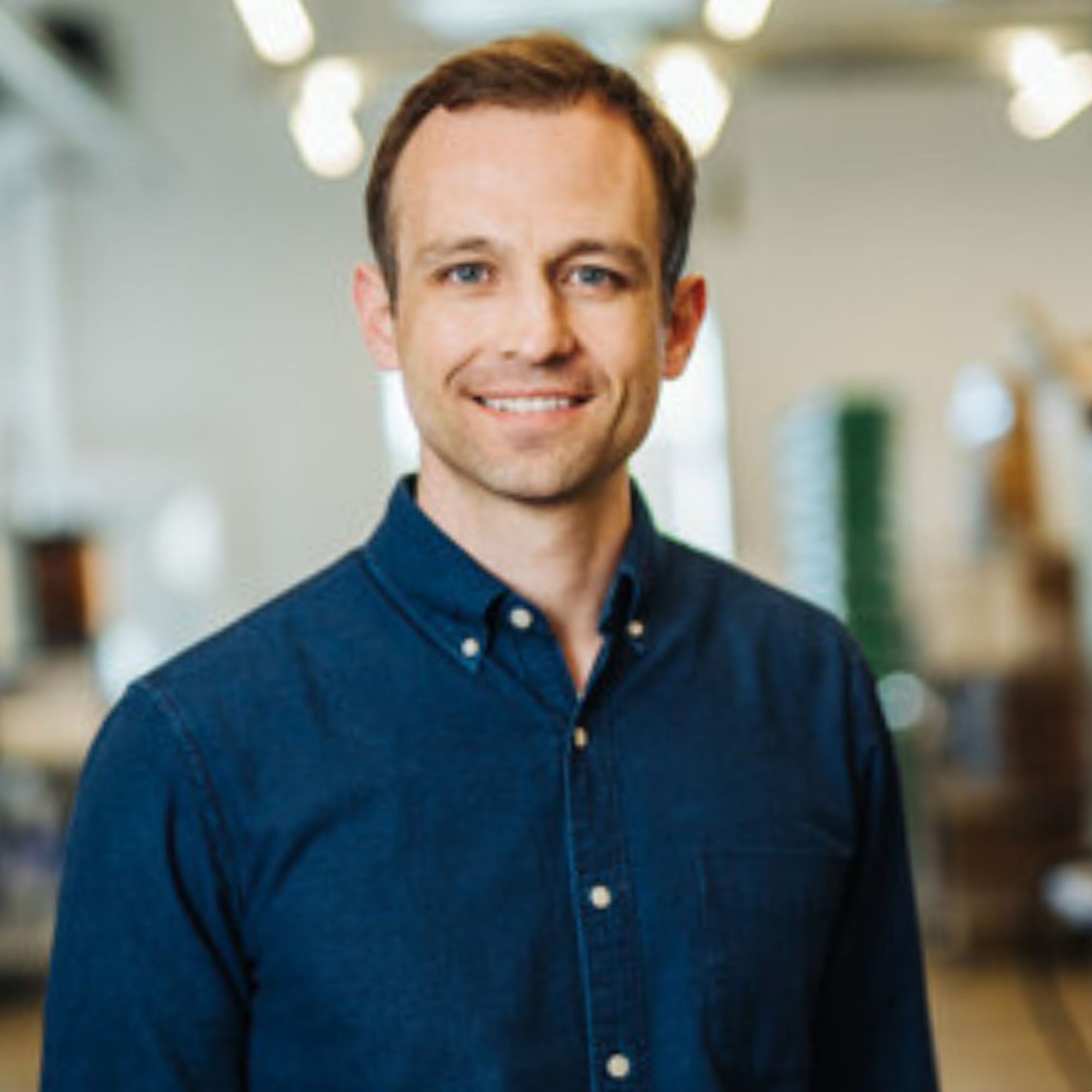
Alfred Griffin
CEO and Co-Founder of CEO and Co-Founder
Alfred Griffin, CEO and Co-Founder of LightForce: $150 Million Raised to Power the Future of Orthodontics


Kyle Kiser
CEO of Arrive Health
Kyle Kiser, CEO of Arrive Health: Over $40 Million Raised to Improve the Value of Healthcare Through Informed Decision-Making


Matthew Stoudt
CEO and Founder of AppliedVR
Matthew Stoudt, CEO and Founder of AppliedVR: Over $70 Million Raised to Build the Future of Chronic Pain Relief


Viral Patel
Founder and CEO of Radish Health
Viral Patel, CEO of Radish Health: $5 Million Raised to Connect Employees with a Better Healthcare Experience

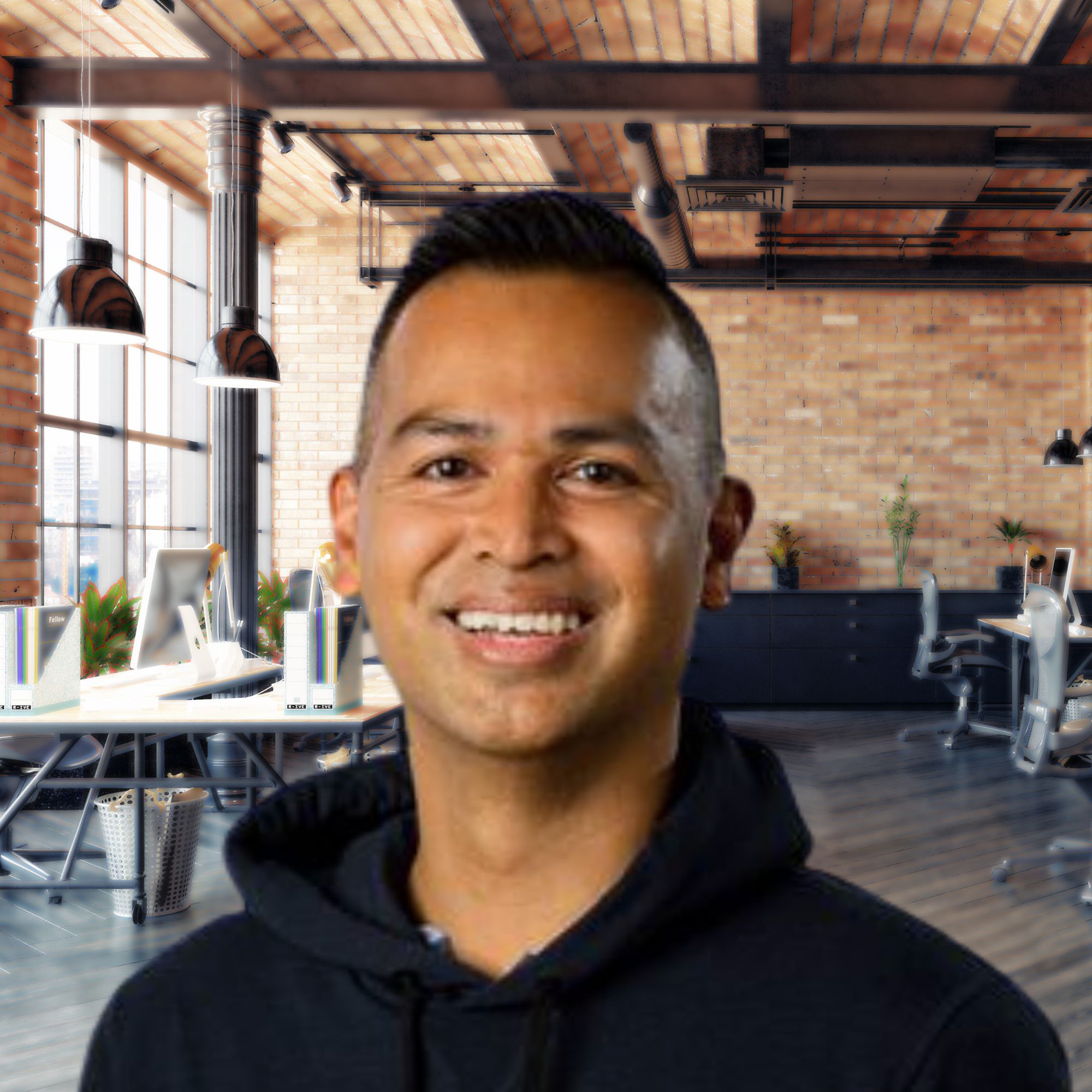
Cesar Herrera
CEO and Co-Founder of Yuvo Health
Cesar Herrera, CEO and Co-Founder of Yuvo Health: $28 Million Raised to Revolutionize Healthcare Access


Thomas Knox
CEO & Founder of VitVio
Thomas Knox, CEO & Founder of VitVio: $10 Million Raised to Transform Surgical Operations Through AI-Powered Automation

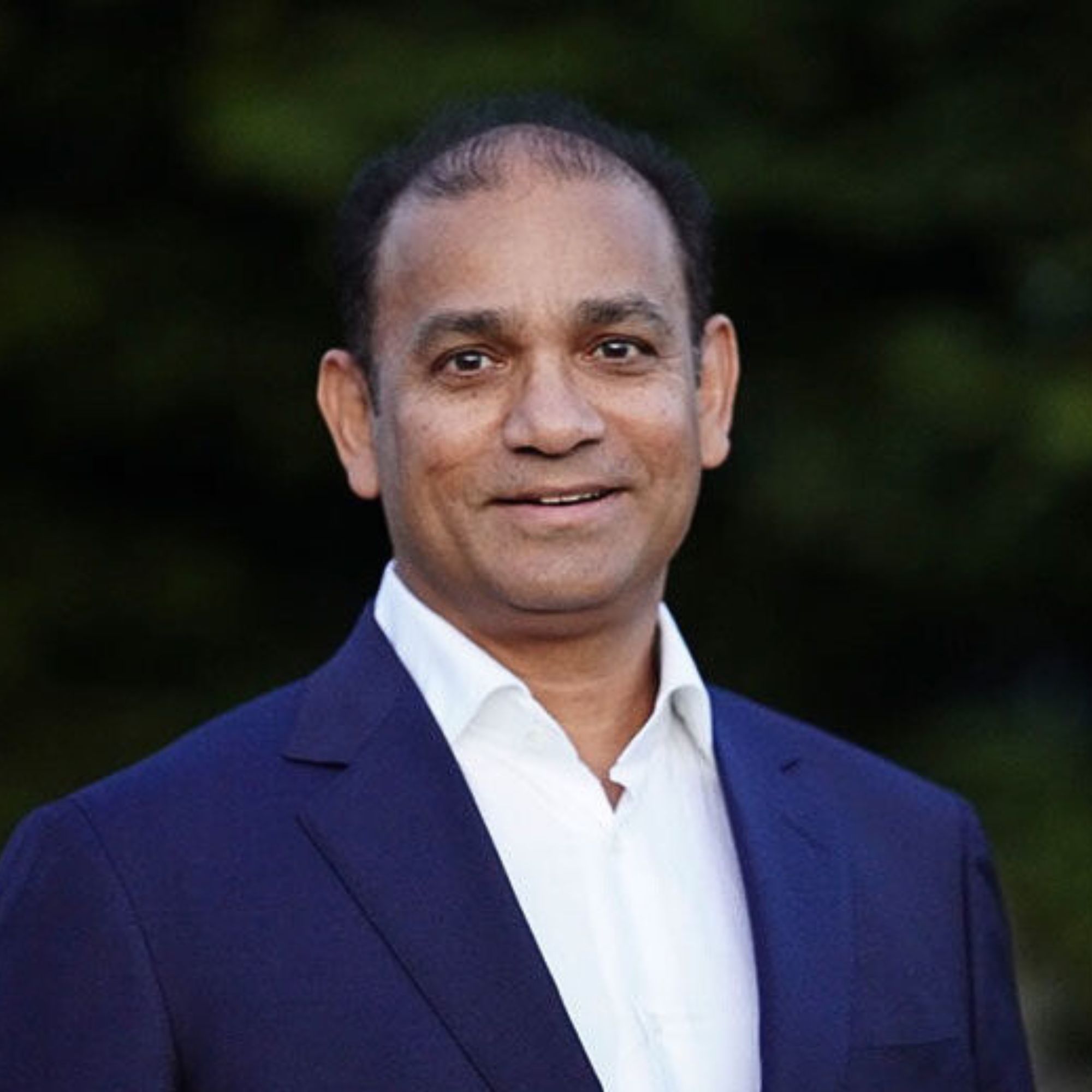
Mahesh Veerina
CEO of ParkourSC
Mahesh Veerina, CEO of ParkourSC: $90 Million Raised to Pioneer Dynamic Decision Intelligence for Supply Chain Networks

Austin McChord
CEO of Casana
Austin McChord, CEO of Casana: Over $46 Million Raised to Create the Future of In-Home Health Monitoring

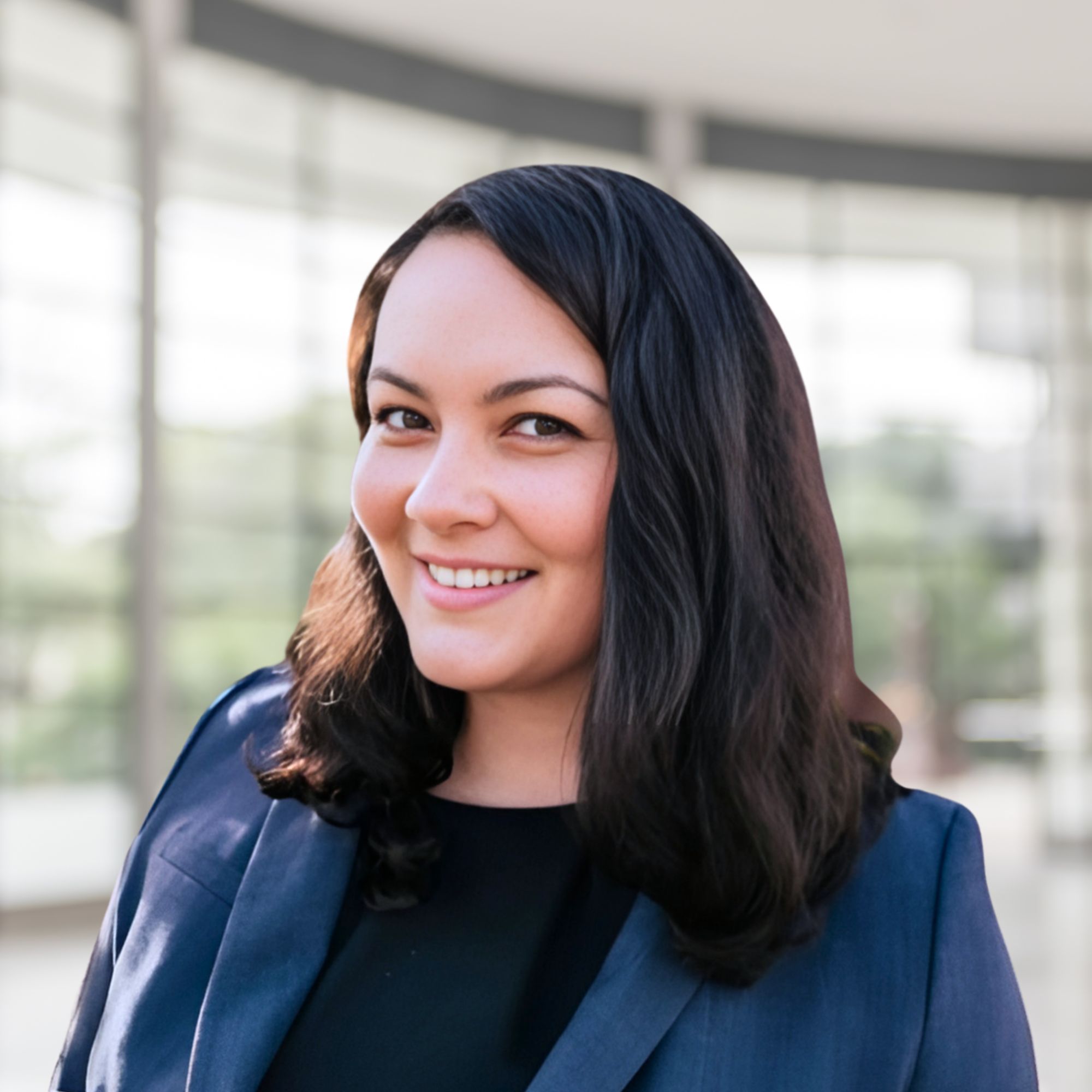
Stacy Edgar
CEO and Co-Founder of Venteur
Stacy Edgar, CEO & Co-Founder of Venteur: $7.6 Million Raised to Build the Future of Health Insurance

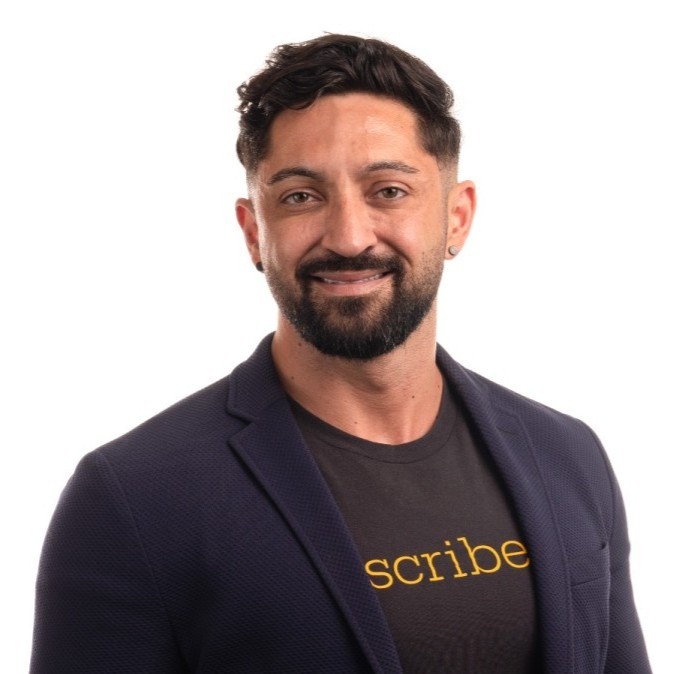
Brock Leonti
CEO & Co-Founder of Prescribe FIT
Brock Leonti, CEO & Co-Founder of Prescribe FIT: $15 Million Raised to Build the Future of Orthopedic Care


Michael Chang
Mastering Market Fit in AI: Insights from Michael Chang, Director of Marketing at ArteraAI

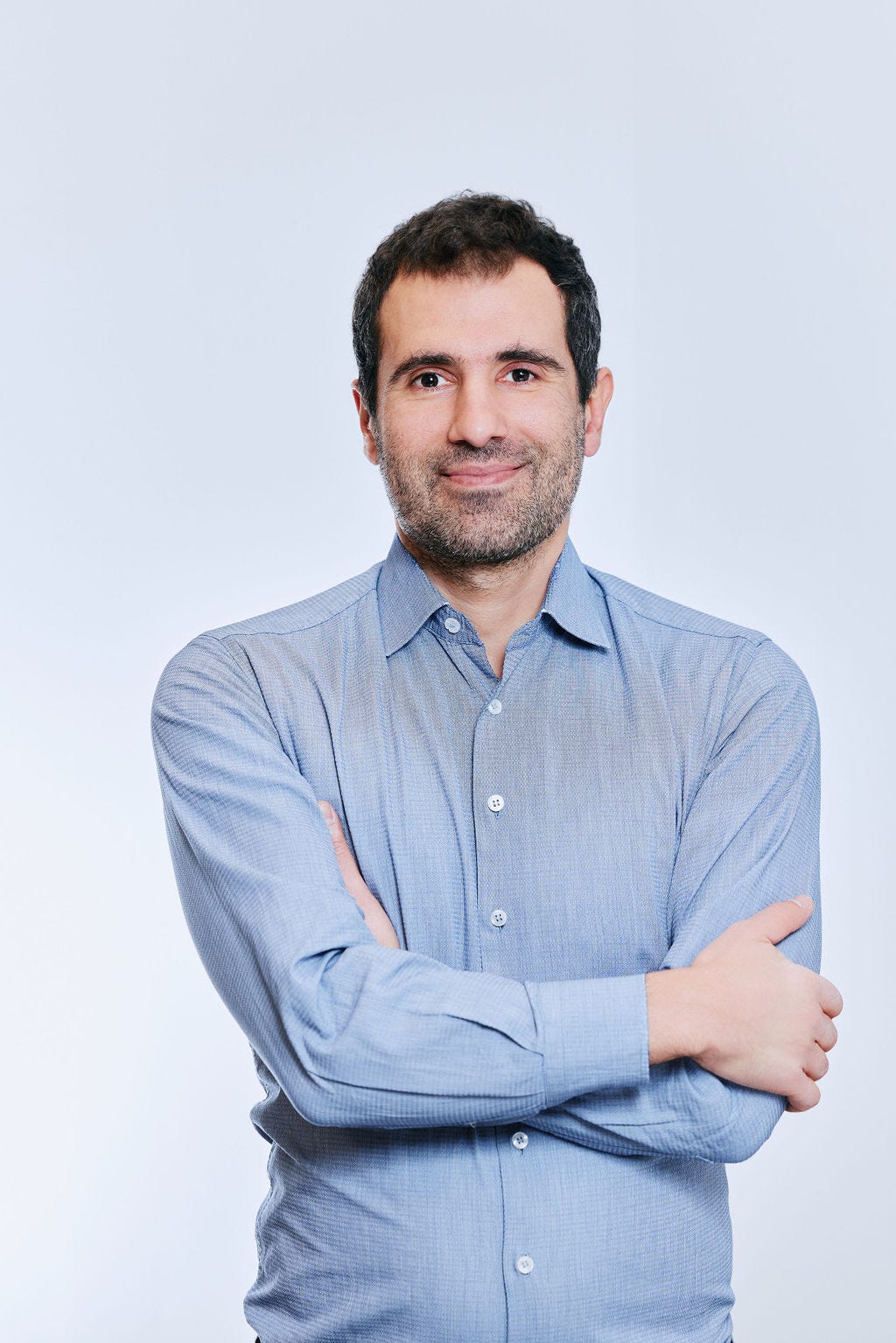
Dimitrios Skaltsas
CEO & Co-Founder of Intelligencia AI
Dimitrios Skaltsas, CEO & Co-Founder of Intelligencia AI: $15.5 Million Raised to Build the Future of Drug Development


Joe Gagnon
CEO of 1upHealth
Joe Gagnon, CEO at 1upHealth: Over $75 Million Raised to Build the Future of Healthcare Data


Daniel West
CEO of Prospection
Daniel West, CEO of Prospection: $36 Million Raised to Build the Future of Patient-Centric Intelligence


Rishi Nayyar
CEO and Co-Founder of PocketHealth
Rishi Nayyar, CEO and Co-Founder of PocketHealth: $22.5 Million Raised to Power the Future of Medical Image Sharing

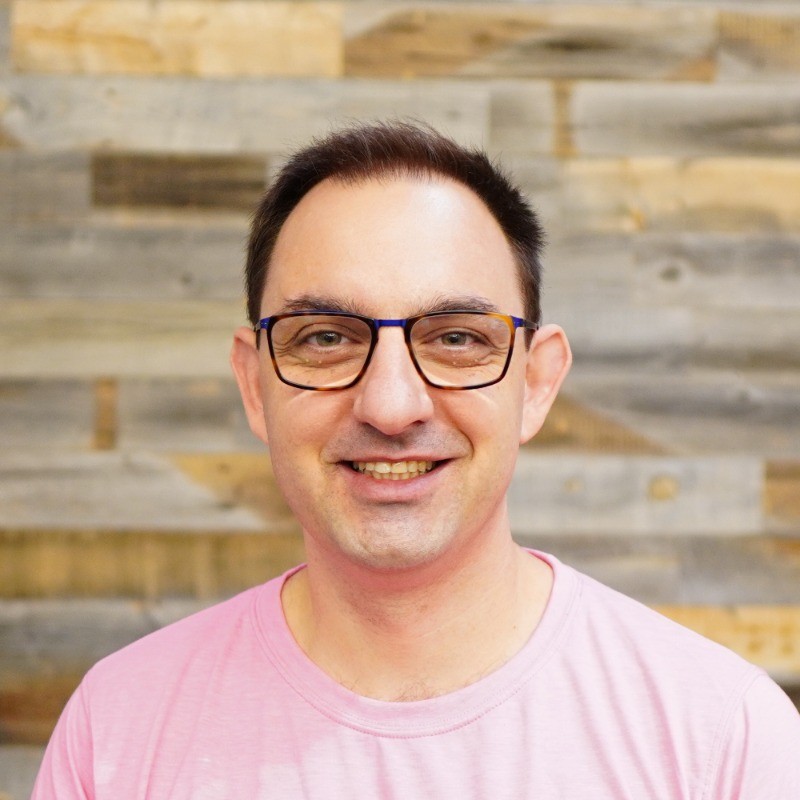
Elad Ferber
CEO & Co-Founder of Synthpop
Elad Ferber, CEO & Co-Founder of Synthpop: $8 Million Raised to Build the Future of Healthcare Administration with AI

James Bates
CEO and Founder of AdviNOW Medical
James Bates, CEO and Founder of AdviNOW Medical: $24 Million Raised to Build the Future of AI-Powered Healthcare
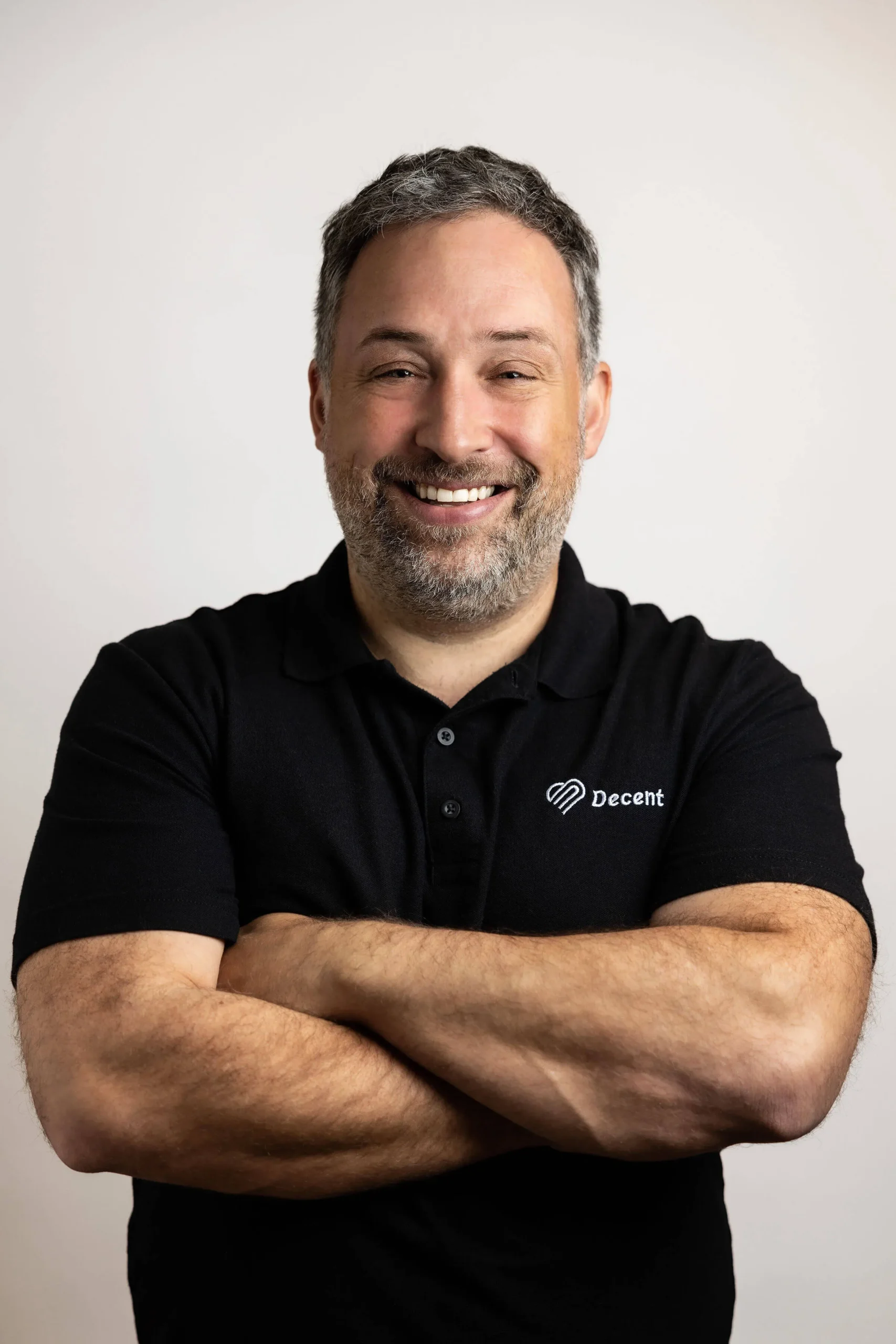
Nick Soman
CEO & Founder of Decent
Nick Soman, CEO & Founder of Decent: $43 Million Raised to Build the Future of Direct Primary Care


Kourosh Davarpanah
Co-Founder and CEO of Inato
Kourosh Davarpanah, Co-Founder and CEO of Inato: Over $35 Million Raised to Build the Future of Clinical Trials
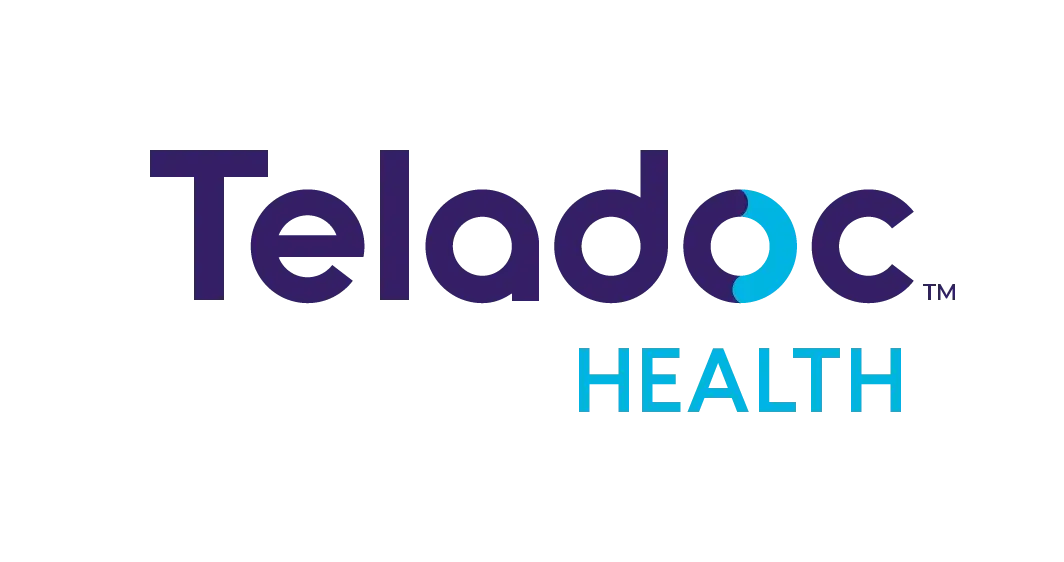

Michael Gorton
Founder of Teladoc
Teladoc Founder Michael Gorton on the Early Days of Pioneering the Telemedicine Category (And What’s He’s Up to Next)

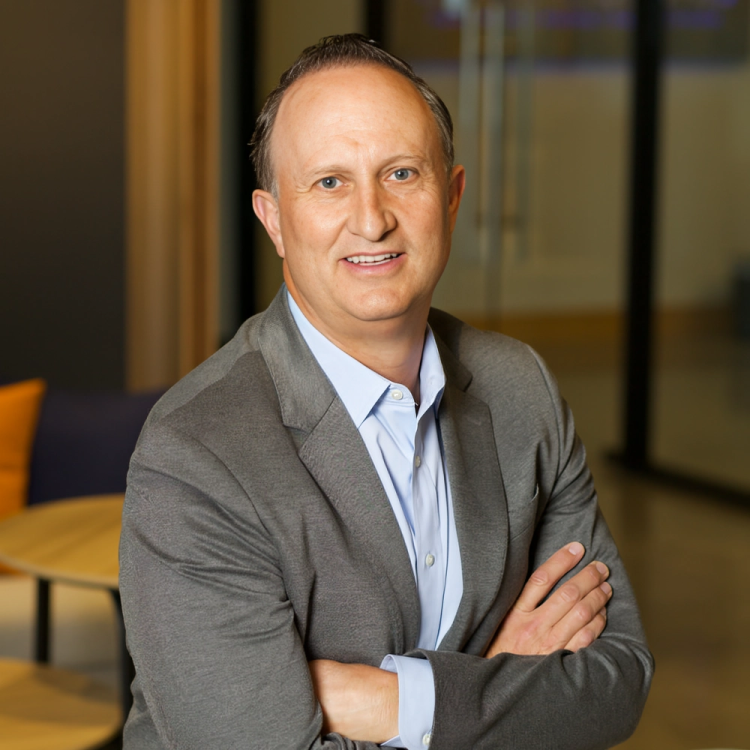
Ty Allen
CEO of SocialClimb
Ty Allen, CEO of SocialClimb: $12 Million Raised to Power the Future of Healthcare Marketing

Ben Albert
CEO & Co-Founder of Upfront Healthcare
Ben Albert, CEO & Co-Founder of Upfront Healthcare: $30 Million Raised to Power the Future of Patient Engagement


Brett Kleger
CEO of Datacubed Health
Brett Kleger, CEO of Datacubed Health: $43 Million Raised to Revolutionize Clinical Trial Data Collection


Trenor Williams
CEO and Co-Founder of Socially Determined
Trenor Williams, CEO and Co-Founder of Socially Determined: $34 Million Raised to Build the Social Risk Intelligence Category


Vicky Demas
CEO of Identifeye Health
Vicky Demas, CEO of identifeye HEALTH: $90 Million Raised to Power the Future of Retinal Imaging


Richard Queen
CEO and Co-Founder of DignifiHealth
Richard Queen, CEO and Co-Founder of DignifiHealth: $7 Million Raised to Drive Better Patient Outcomes in Rural Healthcare and Beyond

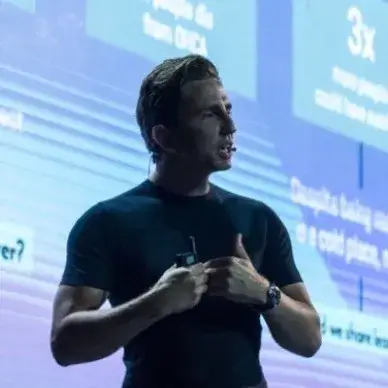
Andreas Cleve
CEO and Co-Founder of Corti
Andreas Cleve, CEO and Co-Founder of Corti: $32 Million Raised to Power the Future of Patient Consultations

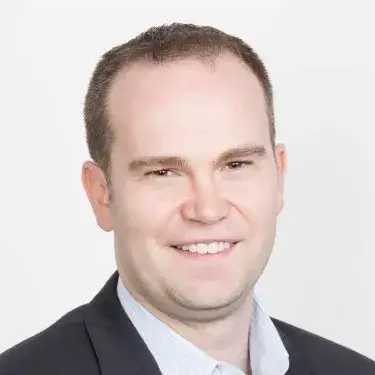
Daniel Lambert
CEO of PathologyWatch
Daniel Lambert, CEO of PathologyWatch: Over $50 Million Raised to Build the Future of Digital Pathology
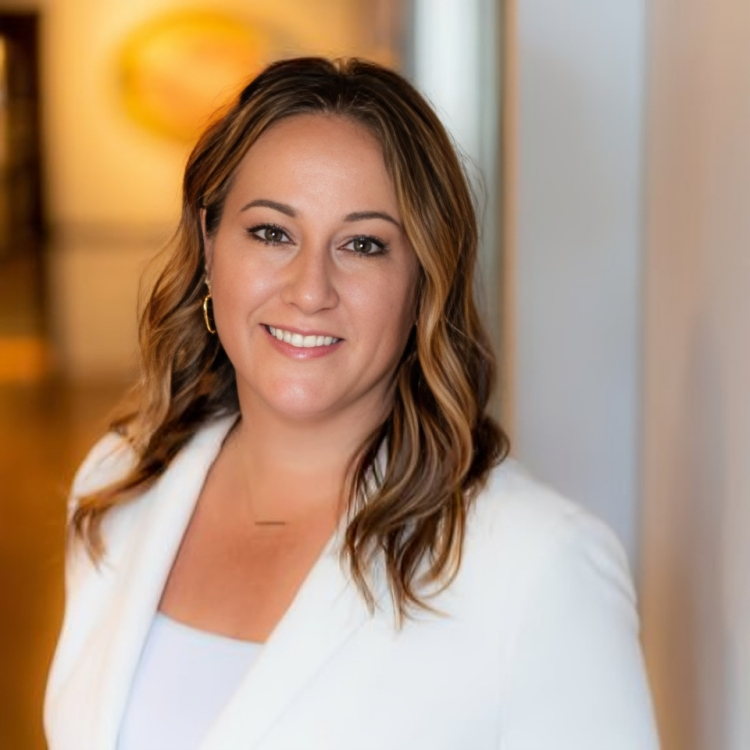
Kristen Valdes
CEO & Founder of B.well
Kristen Valdes, CEO & Founder of B.well: $100 Million Raised to Reimagine the Healthcare Experience

Veer Gidwaney
CEO & Founder of Ansel Health
Veer Gidwaney, CEO & Founder of Ansel Health: $50 Million Raised to Transform Supplemental Health Insurance

Amar Kendale
President and Co-Founder of Homeward
Amar Kendale, President & Co-Founder of Homeward: $70 Million Raised to Transform Rural Healthcare Through Technology

